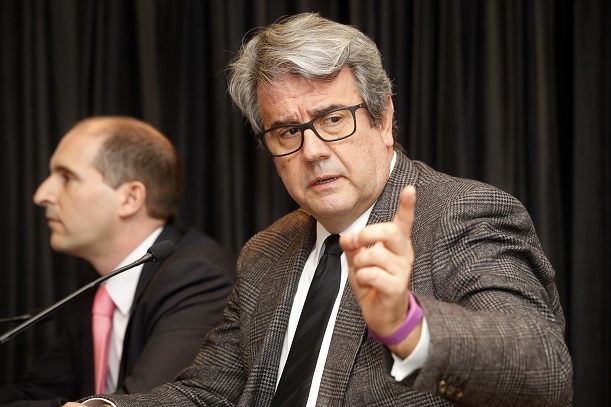Telefónica has used its UNICA cloud platform to demonstrate network slicing across four levels, showing how 5G could deliver connectivity, virtual reality, critical communications and augmented reality.
While full details of the slices in this demonstration were not given, Telefónica showcased use cases for 5G on the 3.7GHz band on its stand at Mobile World Congress, in partnership with Ericsson, Huawei and Netsia.
The operator said its UNICA platform gave it the ability to implement different nodes on the same infrastructure and deliver different capacity rates when required.
[Read more: Deutsche Telekom co-launches open RAN, network slicing groups]
The first demonstration was a virtual reality experience, which Telefónica said showcased high bandwiths and ultra-low latencies.
An augmented reality demo combined HD video with localised virtual information. The operator said this indicated the latency and bandwith capabilities of the technology and how the data and control planes can be separated. Data traffic was left in the user’s environment rather than the core network, which reduced latencies.
A separate emergency services showcase effectively reproduced a private LTE network, which could be then subdivided into further slices offering different performances, latencies and radio resources.
Telefónica said the latter showed how virtualisation techniques could be applied to the RAN, taking concepts it recently tested in the lab into the wild.
Enrique Blanco, Telefonica CTIO said: “We have devoted many years to creating and transforming our networks, because we understand that it is essential to be flexible and scalable, and because only through virtualisation we can respond to the requirements posed by the industry, which are radically varied and even contradictory among themselves.”



